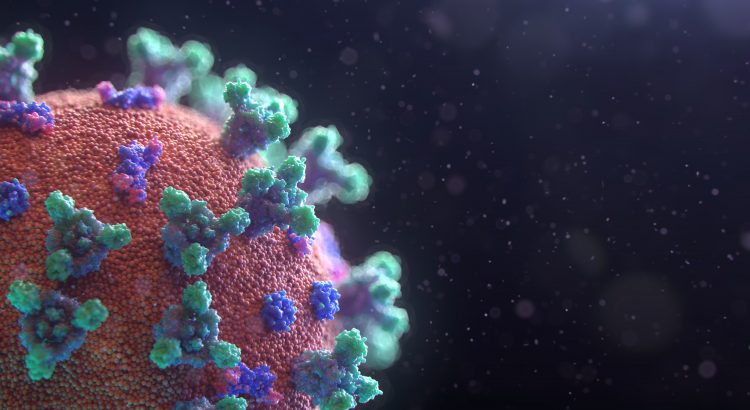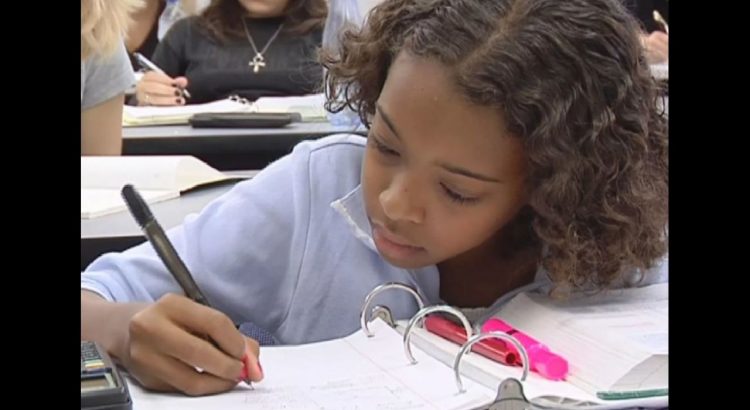Podcast: Play in new window | Download
Subscribe: Spotify | Email | TuneIn | RSS
It has quickly become a new way of life – working from home, avoiding restaurants and gyms, and ‘social distancing’ from coworkers, friends, and even family.
The upending of normal routines happened so quickly, and the days have become so blurred together, that it’s hard to keep track of just how long we’ve been confined to our apartments and homes.
We know that scientists and doctors at the NIH, CDC, virology labs, and hospitals around the world continue their front-lines fight to understand and treat the pandemic, and we are deeply grateful.
But what about all the other scientists? The research faculty, postdocs, grad students, and technicians whose research doesn’t cover RNA viruses or epidemiology?
Even though they are not working directly on understanding COVID-19, they still have important experiments to do. They have cell cultures, fruit fly lines, and mouse colonies to maintain. The have classes to teach or take, dissertations to write, and theses to defend.
What happens to them when the University closes, and experiments are forbidden?
This week, we catch up with those scientists, to understand how they are adapting to life and science in a pandemic.





